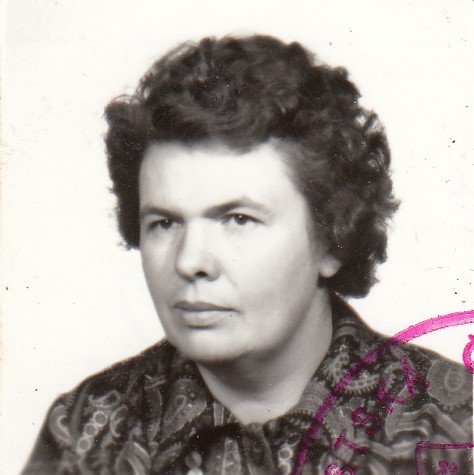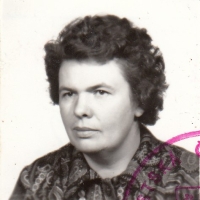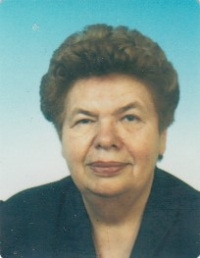You’ll be going to that school until you retire

Download image
Milena Raisová was born on 30 July 1935 in Chvaly. She attended kindergarten and primary school here and lived through the Protectorate of Bohemia and Moravia and the subsequent liberation by the Red Army. She witnessed the passage of Schörner’s army in May 1945. Her distant relative Jan Kaucký fought in the United Kingdom as an RAF pilot. After the war, Milena studied pedagogy and special education at the Faculty of Education at Charles University in Prague and became a speech and language therapist’s assistant. She was instrumental in founding a special school in Horní Počernice, where she also worked for many years as a teacher and headmistress. She witnessed the invasion of Czechoslovakia by the Warsaw Pact troops, but became ill during the Velvet Revolution, so she watched the events only from her bed. She retired in 1992 and still (2021) lives with her husband in her family home.

